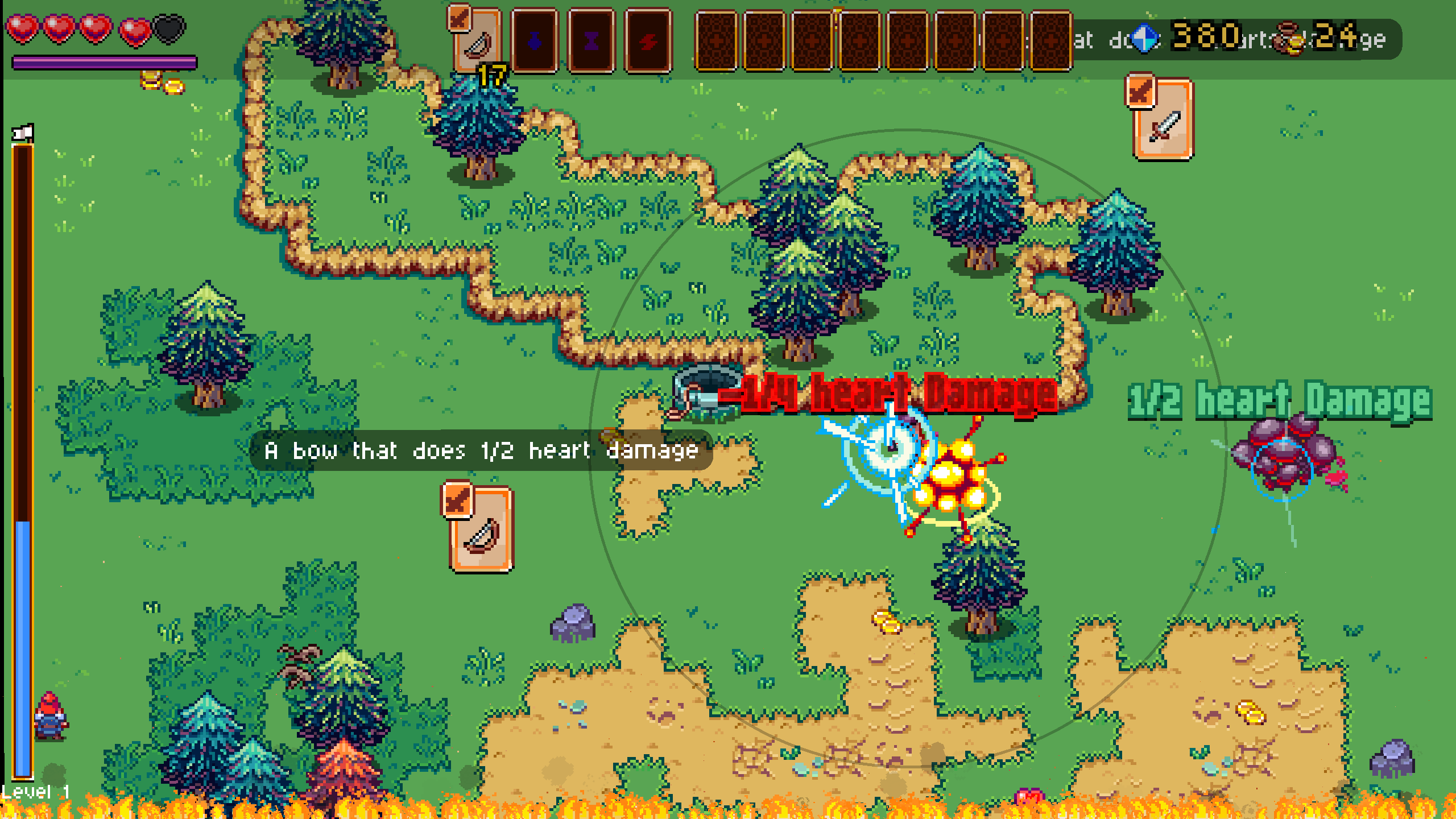The following is a guest post by Robert Megone, the lead tester on Death by Scrolling.

Testing Against a Moving Target: My Role on Death by Scrolling
Most of the games I’ve worked on over the years have been slow and deliberate. Narrative-driven adventures like Return to Monkey Island, Thimbleweed Park, Broken Sword 5 and The Darkside Detective invite you to take your time to sit with every line of dialogue, carefully piece together puzzles, and explore the world at your own pace.
That kind of work has always suited me. It gives you space to be meticulous, to catch the tiniest continuity errors or subtle logic gaps before anyone else does.
Death by Scrolling is the complete opposite of that.
A Game That Never Stops Moving
Unlike an adventure game, Death by Scrolling never gives you a moment to breathe. The screen scrolls constantly and the player must run constantly. As soon as you think you’ve found your footing the game throws something new at you.
That’s part of its charm but it’s also what makes testing it such a unique challenge.
This is a game where players can dramatically alter or buff their stats in a whole range of ways, upgrading movement speed, stacking power-ups, boosting damage and more. Each player’s setup can be wildly different from the next, which makes it impossible to test just “one version” of the game.
Instead, I’ve had to test against what feels like a moving target. Sometimes literally.
The moment I think I’ve pinned down a bug, the next run will throw me something entirely different, a new combination of buffs or modifiers that bends the rules in unexpected ways and reveals a completely new edge case to investigate.
The Need for Heavy Testing
Because of that unpredictability, Death by Scrolling demands heavy, sustained testing. There’s little room for error. A single overlooked bug can completely break the flow and ruin a run.
Where adventure games give you space to be methodical, this one forces you to be reactive to stay just as alert and fast-moving as the game itself.
A Collaborative Effort
Thankfully, I haven’t been tackling this beast alone. We’ve had a host of fantastic playtesters who’ve been instrumental in helping us track down some of the more elusive issues.
Their feedback has been invaluable not just in surfacing bugs, but in showing us how different players approach the game, what kinds of setups they gravitate towards, and where the game balance can wobble.
It’s been a collaborative effort, and the game is so much stronger for it.
Enter TesterTron3000™
With so many different level prefabs (used to randomly generate the levels that you traverse in the game), ensuring full coverage across every biome, enemy type, and powerup combo quickly became a task that I was battling to manage through manual testing alone, despite having the assistance of so many wonderful playtesters.
That’s where TesterTron3000™ came in. TesterTron3000™ is a name that may be familiar to some, it’s been a faithful helper that’s proved its worth time and time again, across Thimbleweed Park and Return to Monkey Island, albeit by name only. The underlying functionality is vastly different in this game.
TesterTron3000™ is a script that mimics player input, automatically testing many of the core game mechanics while blasting through level after level at an impressive speed. It has been most helpful in uncovering gameplay blockers and crash bugs that could take many hours to find through manual play.
It’s been especially useful during build sign off. While I’m testing one platform, TesterTron3000™ can be burning through hundreds of levels on Mac, Windows, or Steam Deck/Linux, this gives us wider test coverage and extra confidence in the stability of a build.
Stepping Outside My Comfort Zone
For me, Death by Scrolling has been a complete change of pace from my usual work. It’s chaotic, unpredictable, and relentless in all the best ways.
This has tested not just the game, but my own ability to adapt, to keep up with something that never stands still long enough to let you catch your breath.
And honestly? I’ve loved every minute of it.
– Robert Megone
Comments:
I'm finally playing it and loving it, thank you. It's everything I'd hoped for so far. It feels exactly how it should. Please make another so that we have one more Monkey Island game to play.
Looking forward to another adventure.
Add comment: